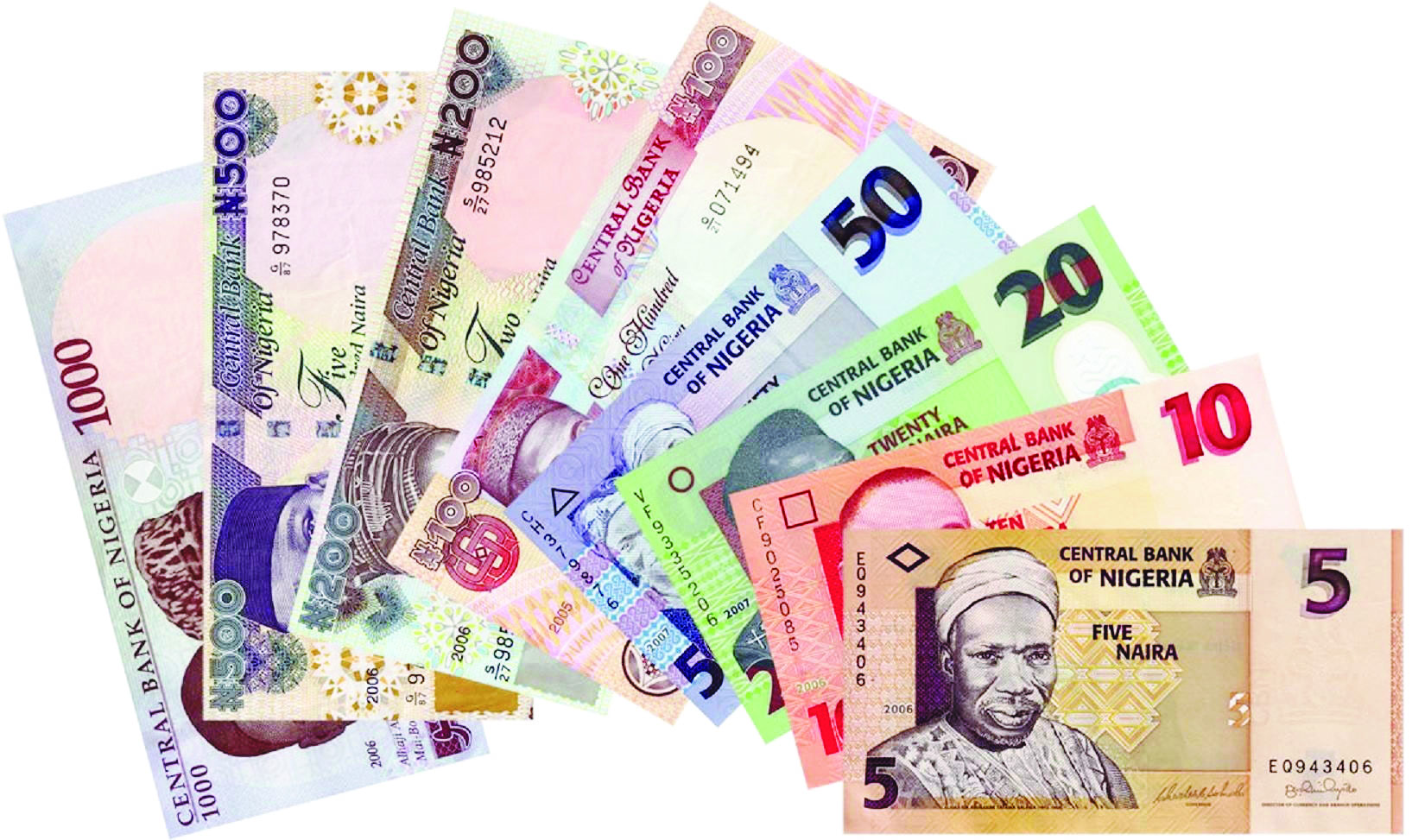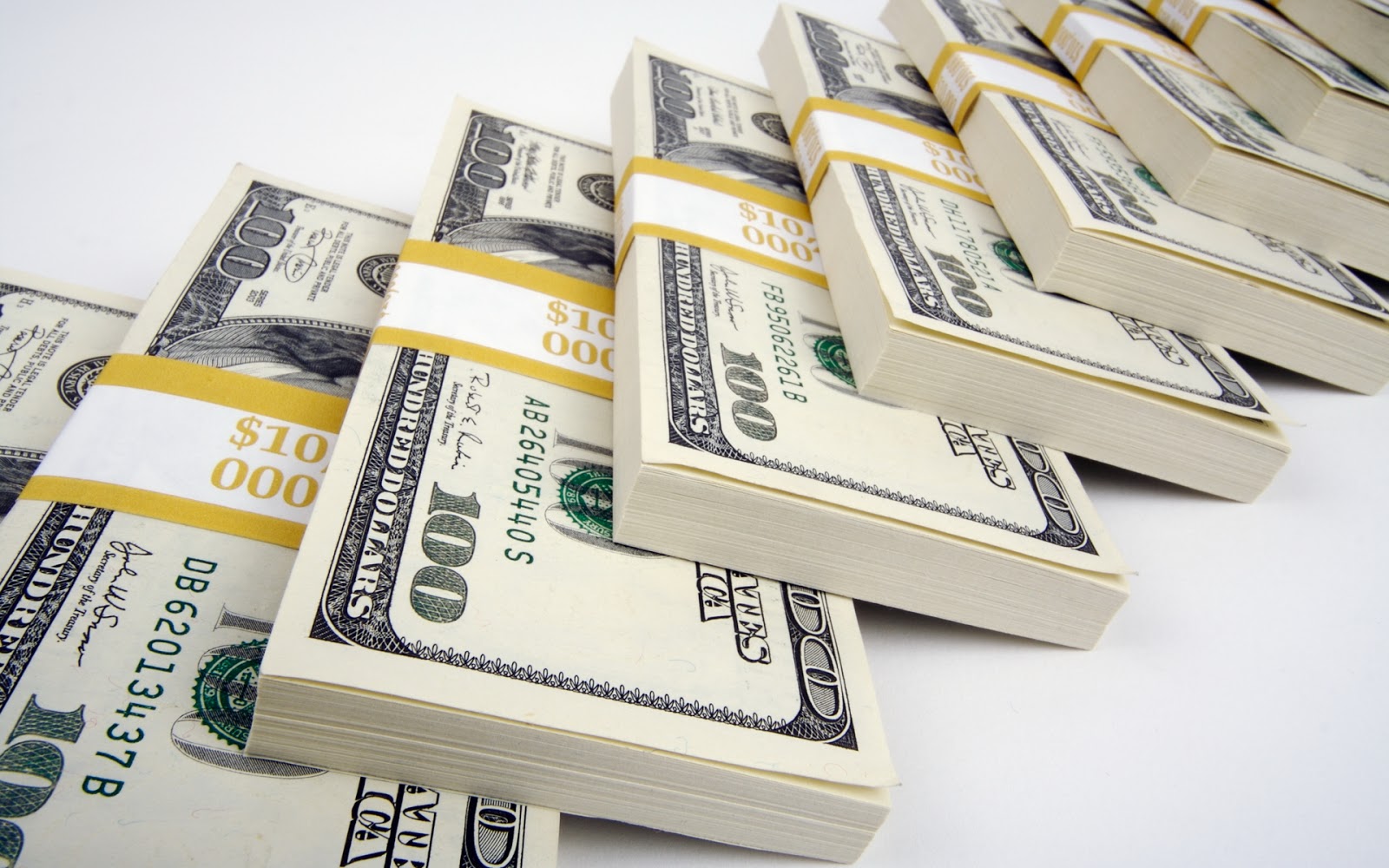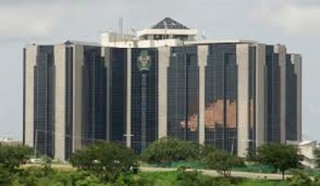Since the global oil price crash in 2014, Nigeria has been one of the hardest-hit economies due to its overdependence on oil as its main source of revenue. China’s economic slowdown, as well as the United States’ rate hike, also affected its economy adversely. As a result, Nigeria’s economic growth has declined dramatically, with its currency falling to an all-time low. As a result of the new monetary policies, Investors are pulling out regularly as most of them are scared to leave their investments in the country. The Central Bank of Nigeria (CBN) put in stringent policies to help save the Naira from falling but it backfired.
However, it looks like that is all about to change as the CBN, which once showed that its decisions were not independent on the federal government, seems to be taking a new turn. But it is still uncertain if the CBN will be able to sustain some of its recent policies which are geared towards saving the Naira from falling.
Below is the Ventures Africa Weekly Economic Index, for the week ending 31st of March 2017. This economic index gives you a glimpse into the recent activities in Nigeria’s economy as well as changes that could affect the economy.
What decisions did the CBN take this week?

The Central Bank of Nigeria (CBN) on Monday, 27th March 2017, introduced new Forex rates for transactions such as school fees, medical bills and travel allowances. According to the CBN, it would no longer trade the naira at N375 per dollar but at rates not more than N360/$1 to Nigerians. The CBN on Thursday also said it would start selling foreign exchange to the Bureau de Change (BDC) market twice weekly and also boost their liquidity by 20 percent. The BDCs were allowed to bid for a maximum of 8,000 dollars from the CBN every Thursday at N360. Following these decisions, directors from the International Monetary Fund (IMF) praised the CBN for easing foreign exchange restrictions in Nigeria. At the back of this commendation, CBN announced that it would increase the amount of forex allocated to BDCs to $10,000 weekly from $8,000 it announced earlier in the week.
The Central Bank of Nigeria (CBN) also released an emergency mobile phone line for customers denied access to foreign exchange by banks for medical bill and school fees. The customers have been advised to either call 07002255226 or send an email to [email protected].
How did the Naira fare?

The Naira appreciated further against the dollar at the parallel market to 380 Naira/$ on Friday 31st March 2017, up from 390 Naira/$ recorded on Friday 24th March 2017. The Central Bank of Nigeria (CBN) on Thursday 30th March 2017 offered the sum of $100 million to meet the requests of wholesale customers. This indicates greater apprehension among dealers who anticipate a further crash of the dollar in the FOREX market.
Did the price of crude oil change?

According to OPEC weekly basket price between March 27 and March 31, 2017, the price of crude oil increased considerably from $48.25 per barrel to $50.43 per barrel. It is uncertain whether OPEC’s supply cut will be enough to offset the increase in US production. This is because U.S. oil production is also recovering strongly, with output back up to 9.1 million barrels per day, roughly 600,000 bpd higher than last summer.
How low is the external reserve?

Data from the website of the Central Bank of Nigeria reveals that as of March 30th, 2017, Nigeria’s external reserve decreased by $13.90 million to $30.297billion from $30.311 billion recorded on March 27th 2017. Nigeria’s external reserve was about $25.5 billion at the end of 2016 with over $5 billion accruing in the first quarter of 2017. External reserve fell by $67 million compared with the $30.231 billion it was about two weeks ago. So far, the CBN has pumped about $2.2 billion into the interbank FX market for forward sales, which include 30 and 60 days.
Nigeria Stock Market

According to the recent data released by the Nigerian Stock Exchange, as of 31st March 2017, the market closed trading on a positive note as the all share index decreased by 0.24 percent from the previous week ending 24th March 2017 to close at 25,516.34. Market capitalization, which increased by 0.25 percent at the close of trading, was N8.83trillion.
Top five price Gainers and Decliners the week under review:
Top five price Gainers
- Newrest ASL Nigeria Plc
- Cadbury Nigeria Plc.
- Seplat Petroleum Development Company Ltd
- Transcorp Hotels Plc
- 7-Up Bottling Company PLC.
Top five price Decliners
- Livestock Feeds Plc.
- UACN Property Development Co. Limited
- Guaranty Trust Bank Plc.
- Ecobank Transnational Incorporated
- Law Union And Rock Ins. Plc.
Dividends announced so far in 2017

It is very important to track all the companies that have announced their dividends for the country as it affects the share price of the company. This also enables people to know if they are eligible to collect the dividend, when it will be approved and when it will be paid. As of 31st of March 2017, the companies to have announced their full year reports include: Vitafoam Plc, Greif Nigeria Plc, United Capital, Nigerian Breweries, Transcorp Hotels Plc, Africa Prudential, Zenith Bank, Dangote Cement, Nestle Nigeria, Access Bank, Total Nigeria Plc, Lafarge Africa Plc, Custodian and Allied Plc, MRS Oil Nigeria Plc and United Bank for Africa Plc.








